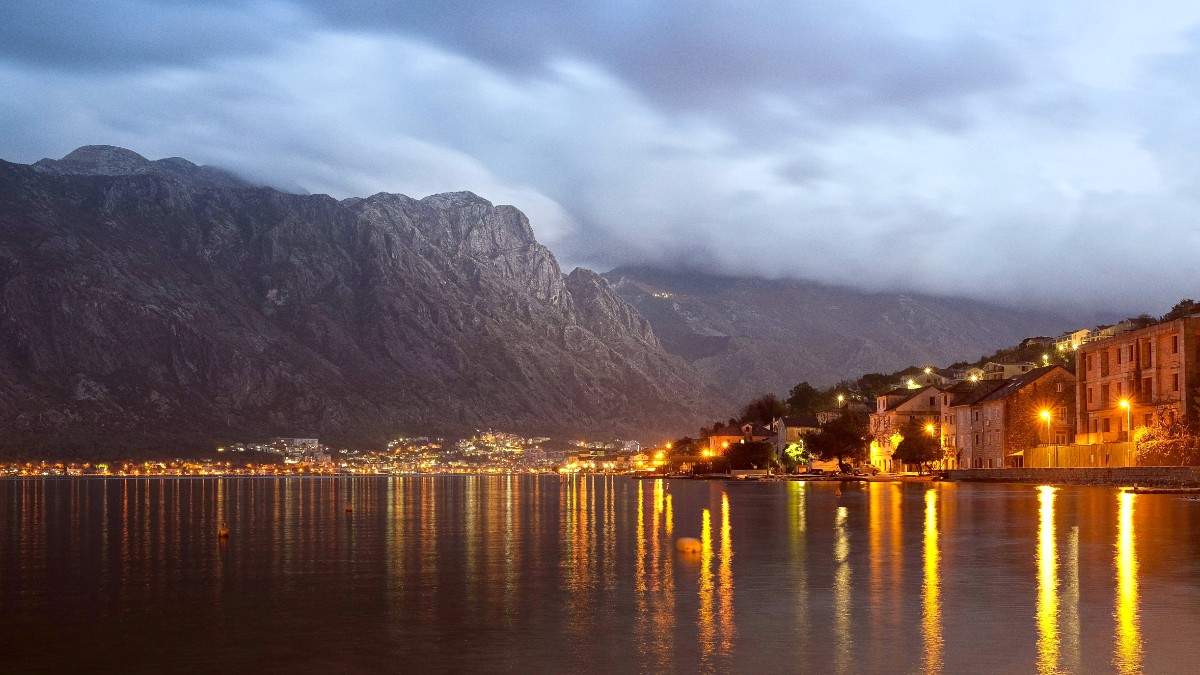
Coastal Montenegro, Montenegro
The Bay of Kotor, an UNESCO World Heritage site, requires careful preservation. National parks conserve biodiversity and unique ecosystems.
Waste management develops; recycling facilities are limited. Water conservation matters, especially in summer.
Look for accommodations and operators committed to sustainable practices. Support local conservation initiatives.
Waste management infrastructure in Montenegro develops, but recycling facilities are limited outside of major cities and tourist zones.
Consider offsetting your flight emissions through reputable carbon offset programs. Many airlines offer this option directly during booking.
Look for accommodations and tour operators that highlight their commitment to sustainable practices and conservation.
Simple actions contribute to reducing your environmental footprint while travelling.
Find and book eco-friendly stays that prioritize sustainability and local sourcing.
Explore EcobnbChoose ethical tour operators that value responsible travel and community well-being.
Visit G AdventuresFor carbon offsets, consider Terrapass. For sustainable gear, Patagonia. For reusable items, explore Package Free Shop. Support conservation at The Rainforest Site.
Your interaction with local culture deepens your travel experience and fosters mutual respect.
Respect historical sites and natural landmarks. These places represent irreplaceable parts of Montenegro's heritage.
Showing effort and politeness greatly assists your interactions with locals. Silence is golden in residential areas.
Capture memories without intruding on others' lives or sacred moments. Obey restricted area signs.
These are places of worship, not just tourist attractions. Your respectful conduct is important.
Your travel choices directly foster a positive local economy and communities in Kotor.
Dine at traditional Konobas and hire local guides. This benefits small entrepreneurs.
Prioritize items made by local artisans. Buy from the Green Market or craft shops.
Do not engage in activities exploiting animals or people. If something feels exploitative, do not participate.
Contribute to reputable local charities or community development projects rather than giving directly to beggars. Research local NGOs for sustainable impact.